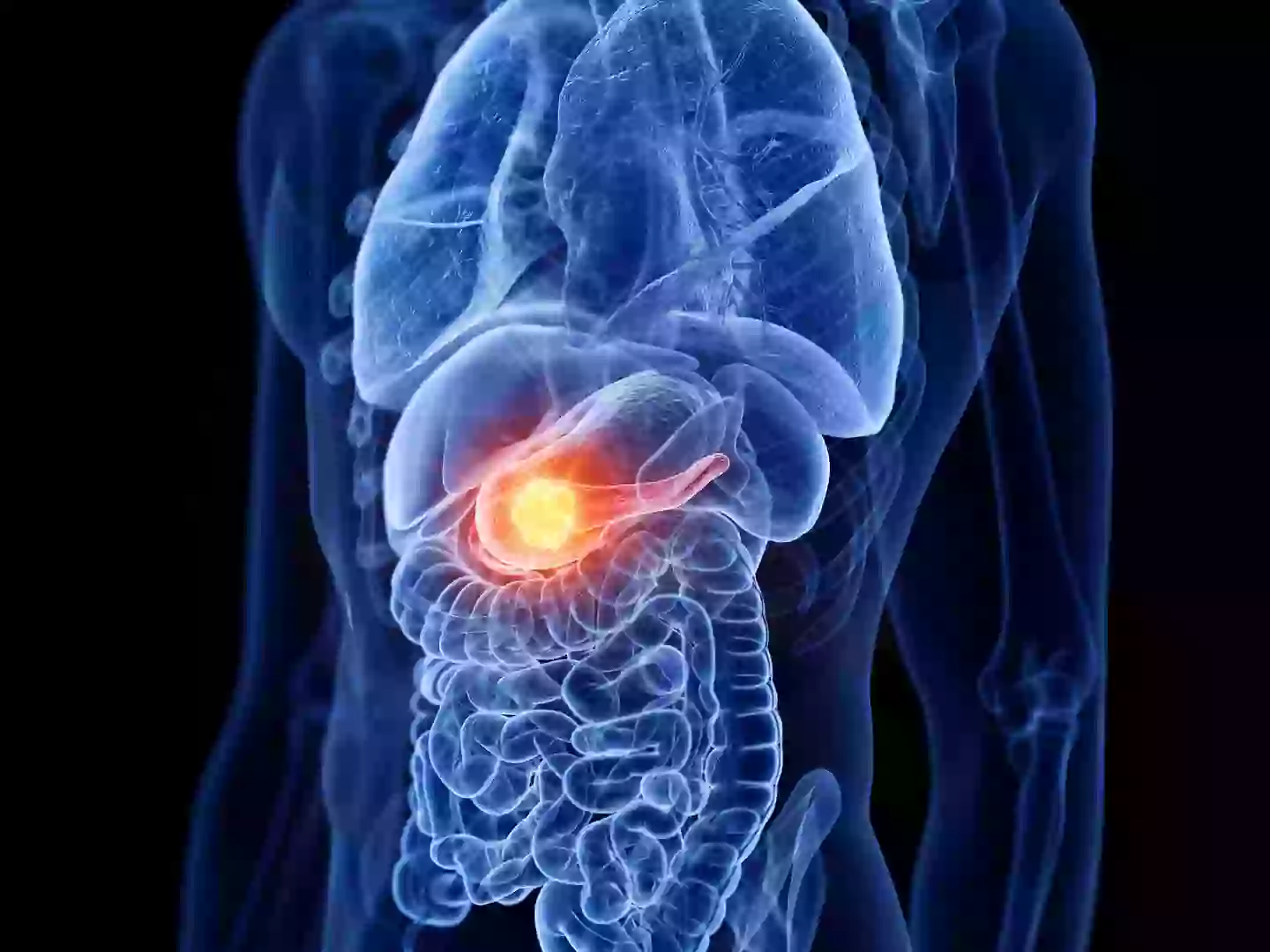There are reportedly over 200 distinct forms of cancer, with pancreatic cancer being among the most common.
In the United States, pancreatic cancer accounts for about three percent of all cancer cases and contributes to roughly eight percent of cancer-related deaths.
This type of cancer tends to be more prevalent in women than men. According to the Cleveland Clinic, it ranks as the 10th most common cancer among American men and the eighth among women.
Pancreatic cancer often does not exhibit symptoms in its initial stages. As it progresses, individuals may experience abdominal or back pain, jaundice (yellowing of the skin and whites of the eyes), inexplicable weight loss, and alterations in bowel movements.
Take the case of Lee Rawlinson from Essex, UK. He experienced a ‘dull ache’ in his stomach initially attributing it to stress but later received a terminal pancreatic cancer diagnosis.
With this awareness, the father of two encourages people to seek medical advice if they notice any potential symptoms, particularly abdominal pain.
However, there are other, less common symptoms associated with this cancer type.

According to Cancer Research UK, other signs can include indigestion, nausea, diabetes, itching, fever, and shivering.
Blood clots can also be a symptom.
“Occasionally, pancreatic cancer is linked to blood clots,” the website notes.
READ MORE:
WOMAN LEARNS SHE HAS A YEAR TO LIVE AFTER ASSUMING SYMPTOM WAS IBS
HOW TO PREVENT BLOOD CLOTS ON LONG-HAUL FLIGHTS
“They may form in the deep veins of your body, usually the leg. This is called deep vein thrombosis (DVT). Or blood clots can develop in smaller veins anywhere in the body. Sometimes the clots will disappear and then develop somewhere else in the body.”
Beyond pancreatic cancer, blood clots themselves can be life-threatening.

If you are aware of a blood clot and begin to feel pain, redness, and swelling in the area, notice warmth to the touch, experience shortness of breath, or feel pain in your chest or upper back, Cancer Research advises contacting your healthcare team immediately.
Coughing up blood is another indication of a deteriorating blood clot and a signal to seek immediate medical attention.
For those affected by these issues and seeking confidential support, reach out to the American Cancer Society at 1-800-227-2345 or utilize their 24/7 live chat feature.

